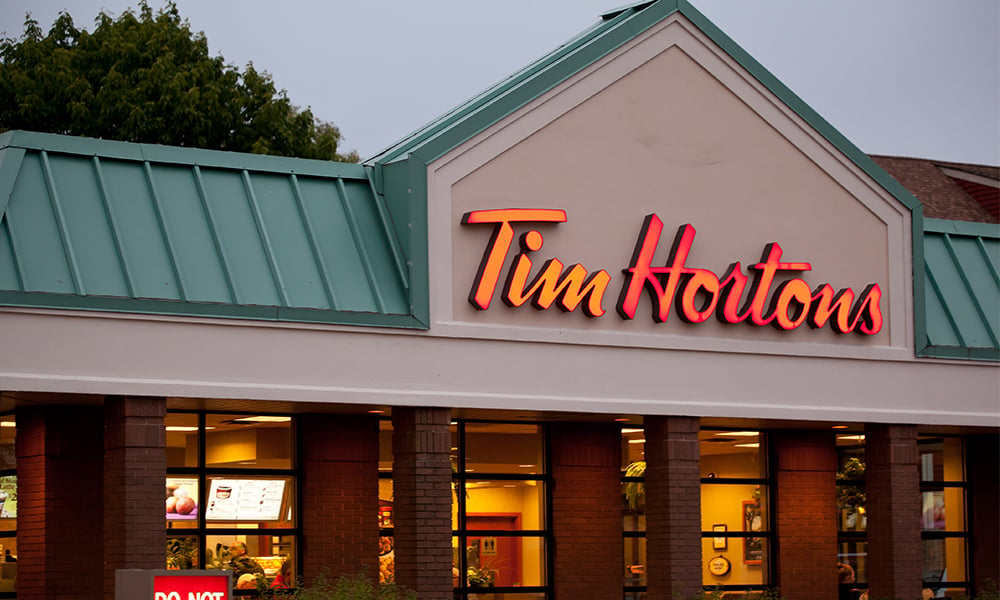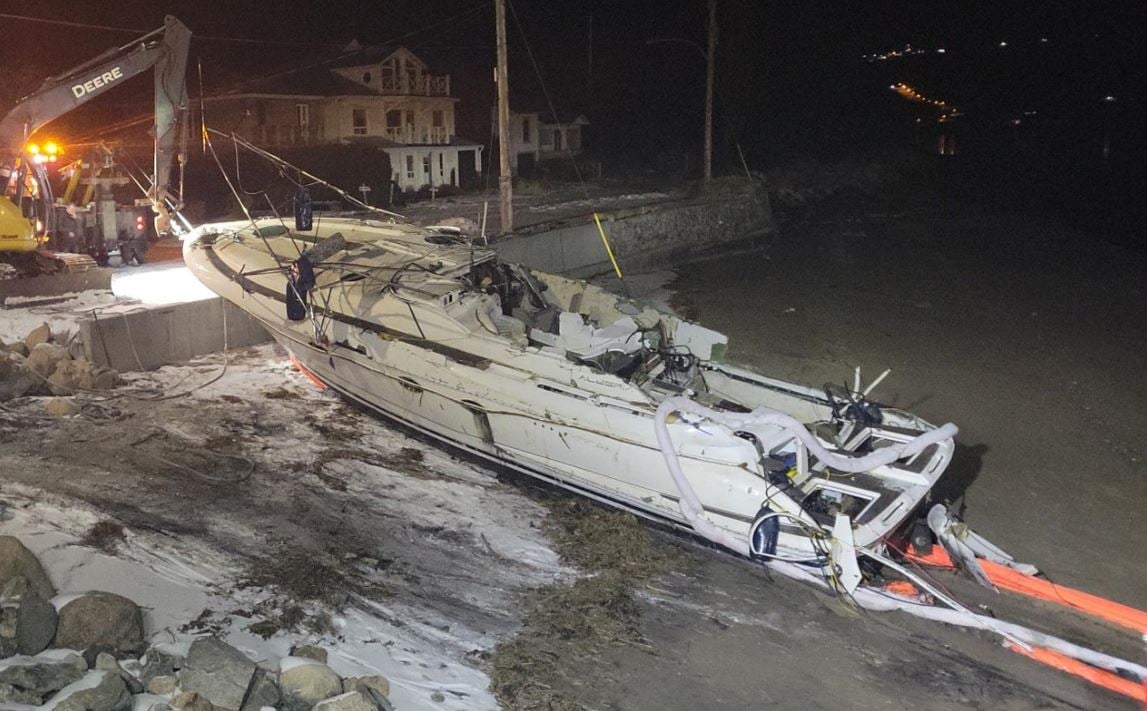‘We made it a priority to address these issues and we continue to work on how we can better serve truck drivers and all guests’

As of Friday, last week, more than 400 Tim Hortons restaurants along Canadian highways have opened to truck drivers to provide food and drink service at the counter and clean washrooms for their needs.
"Canada is relying on frontline essential workers to get us through the COVID-19 crisis and truck drivers play an integral role in keeping the country running. We salute them, we thank them for their tireless work," said Mike Hancock, Tim Hortons Canada COO. "We know there have been barriers for truck drivers in accessing clean washrooms and food and drinks to keep them going during their work. We made it a priority to address these issues and we continue to work on how we can better serve truck drivers and all guests."
The washrooms are to be sanitized at least every 15 minutes, said the company.
Throughout the pandemic, more than 2,000 Tim Hortons restaurants across Canada remain open for take-out service and have operating washrooms for guests.
Teamsters
Teamsters Canada has demanded that gas stations and highway rest areas fully re-open for transportation workers.
Since gas stations and highway rest areas have limited access to their facilities or closed altogether in the wake of the pandemic, it has become harder for truck drivers and delivery workers across North America to find clean bathrooms, says Teamsters, adding that finding a hot shower, a warm meal or a place to wash their hands has also become more difficult.
“This is a matter of human decency. Nobody can be expected to work an entire day without using a bathroom. It’s a disgraceful way to treat the truck drivers and delivery workers who are essential to the functioning of our country,” said François Laporte, national president of Teamsters Canada.
“Some of our members are going days without a shower and going close to an hour outside their normal routes just to find a bathroom. Others have resorted to using a tree on a secluded sideroad, which is humiliating and especially difficult for women,” Laporte added.
The union contends that gas stations and highway rest areas are less dangerous and less likely to spread the virus than grocery stores and pharmacies, provided that they are properly cleaned and maintained.
The union also pointed out that local drivers who may never go on a major highway and see a truck stop or rest area now opt to use the facilities at fast food restaurants or the workplaces they’re delivering to. And some of these places are now closed to the public or closed altogether.
“Truck drivers and delivery workers are vital to keeping hospitals supplied and food on store shelves. If they can’t do their job properly, we all suffer,” said Laporte. “Everyone has a breaking point and if this goes on, some drivers get sick or will simply stop showing up to work, harming the supply chain and leaving critical shipments in limbo.”





